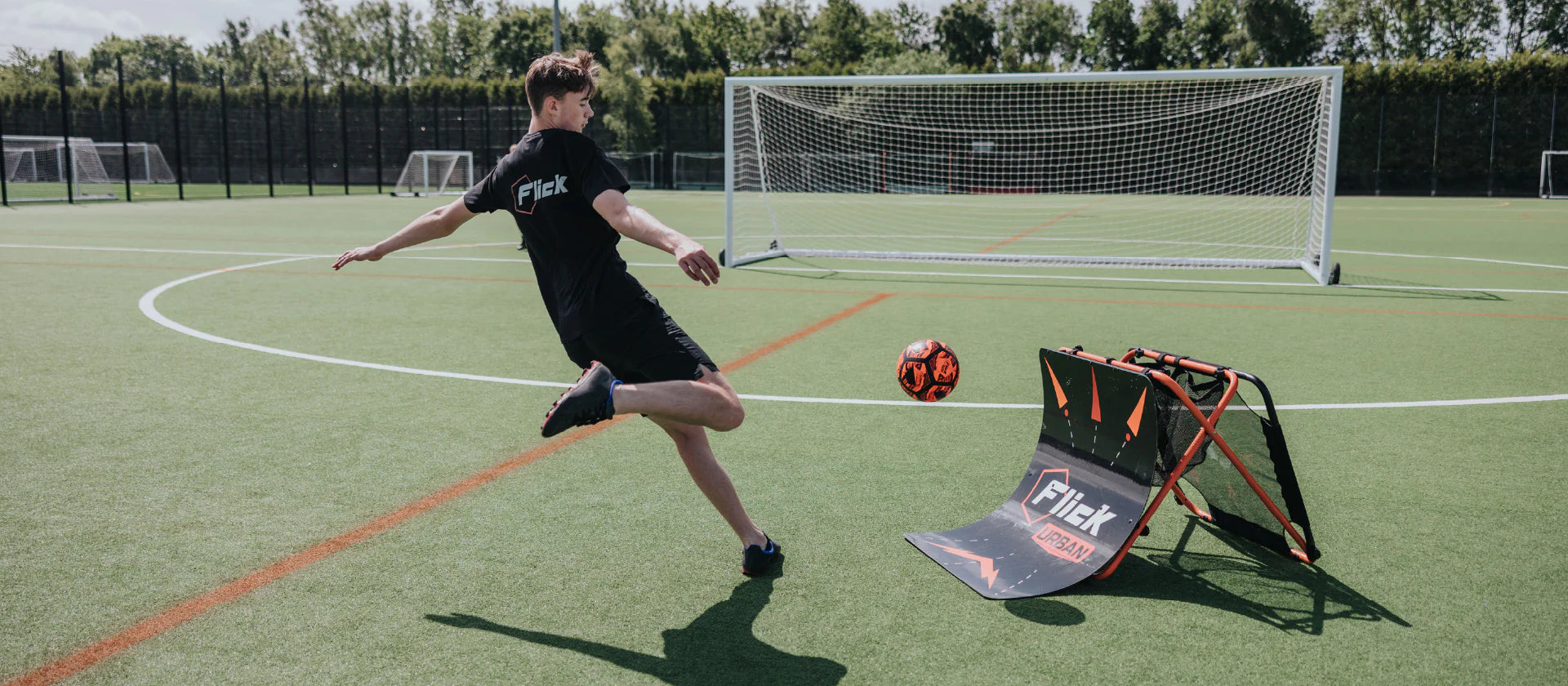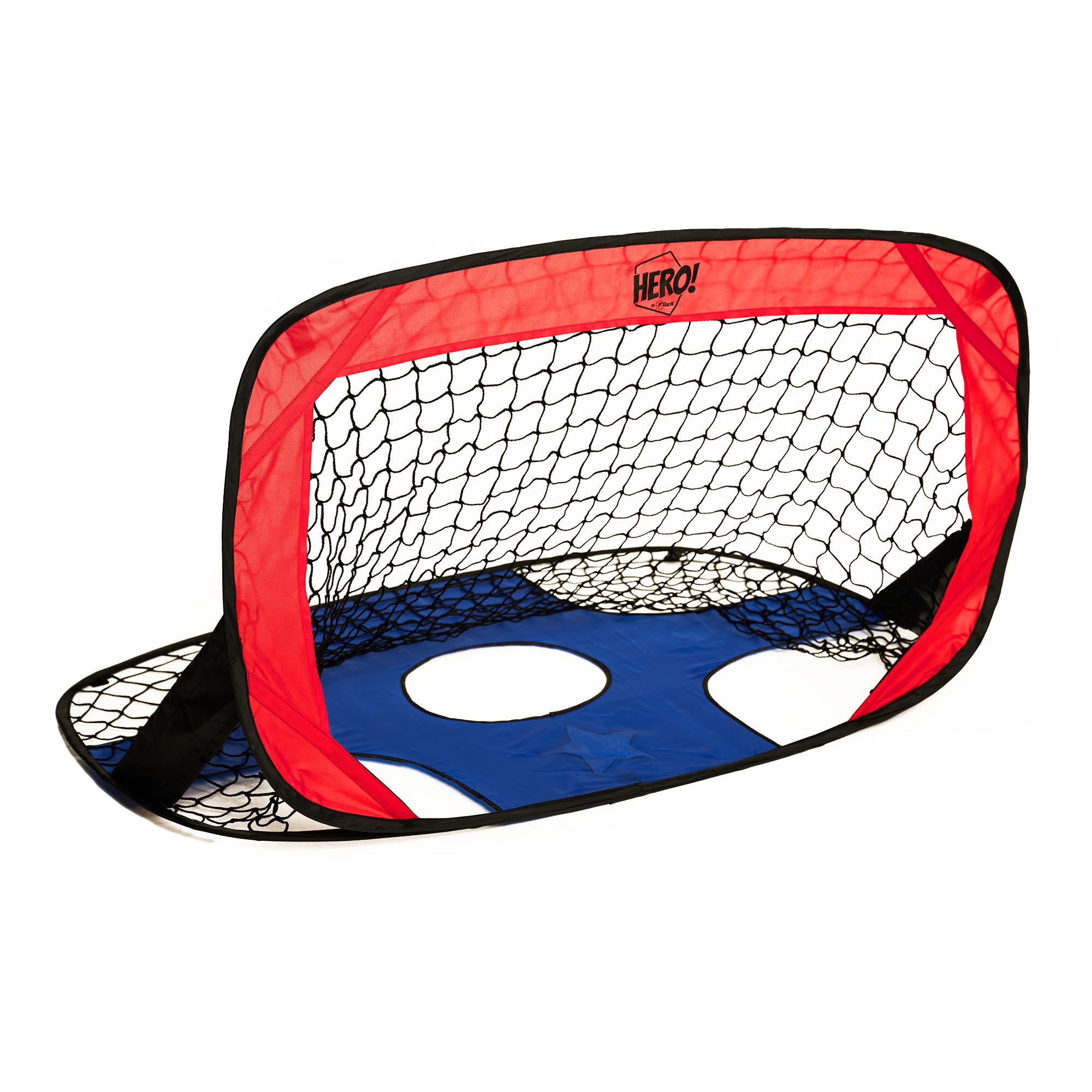Free kicks in football are not just moments in a match; they are pivotal opportunities that can change the course of the game. Whether you're on the attacking or defending end, honing your skills in this aspect of the game can significantly impact your team's performance. Here's a comprehensive guide on how to excel in both taking and defending against free kicks, ensuring you become a formidable force on the pitch.
1. Practice, Practice, Practice:
There's no substitute for practice when it comes to perfecting your free-kick technique. Dedicate time to regular training sessions focused specifically on free kicks. Work on striking the ball with precision and power, mastering various techniques such as knuckling shots, curling efforts, or driven strikes. Repetition breeds familiarity and confidence, essential elements for success when the pressure is on during a match.
1. Practice, Practice, Practice:
There's no substitute for practice when it comes to perfecting your free-kick technique. Dedicate time to regular training sessions focused specifically on free kicks. Work on striking the ball with precision and power, mastering various techniques such as knuckling shots, curling efforts, or driven strikes. Repetition breeds familiarity and confidence, essential elements for success when the pressure is on during a match.
2. Pay Attention to Body Positioning:
Whether you're lining up to take a free kick or defending against one, your body positioning is crucial. For attackers, ensure you're properly aligned with the ball, maintaining a solid stance for optimal power and accuracy. Defenders should position themselves strategically to form a barrier or anticipate the trajectory of the ball. Proper body positioning enhances your ability to execute or block free kicks effectively.
3. Choose the Right Ball:
The type of ball used can significantly influence the outcome of a free kick. Consider factors such as surface conditions and weather when selecting the appropriate ball. Opt for one with the ideal grip and bounce to suit the playing conditions. A well-suited ball enhances control and ensures the desired flight path, giving you an edge when taking or defending against free kicks. Take a look at our PRO Balls here.
4. Study Your Opponents:
Knowledge is power, especially when it comes to understanding your opponents' tendencies during free kicks. Analyze their previous performances to identify strengths and weaknesses. If facing a renowned power striker, position your defensive wall accordingly. Against a skilled curler, anticipate their movements and adjust your defensive strategy accordingly. By studying your opponents, you can better prepare to counter their tactics effectively.
5. Embrace Variation:
Consistency can be predictable and easier for opponents to defend against. Keep them guessing by incorporating variety into your free kick repertoire. Experiment with different angles, distances, and techniques to keep defenders off balance. Mixing up your approach adds an element of surprise, making it harder for the opposition to anticipate your next move.
6. Maintain Focus Under Pressure:
Free kicks often occur in high-pressure situations, demanding mental resilience and concentration. Stay composed and focused, blocking out distractions and visualising your desired outcome. Deep breathing techniques can help calm nerves, allowing you to execute your free kick with confidence and precision. Remember, maintaining focus is key to capitalising on these crucial scoring opportunities.
In conclusion, mastering free kicks requires dedication, technique, and tactical awareness. By implementing these tips and committing to consistent practice, you can elevate your free kick skills and become a valuable asset to your team. Whether you're delivering pinpoint strikes into the back of the net or thwarting opponents' attempts with solid defence, your proficiency in free kicks can make a significant impact on match outcomes. So, embrace the challenge, refi















